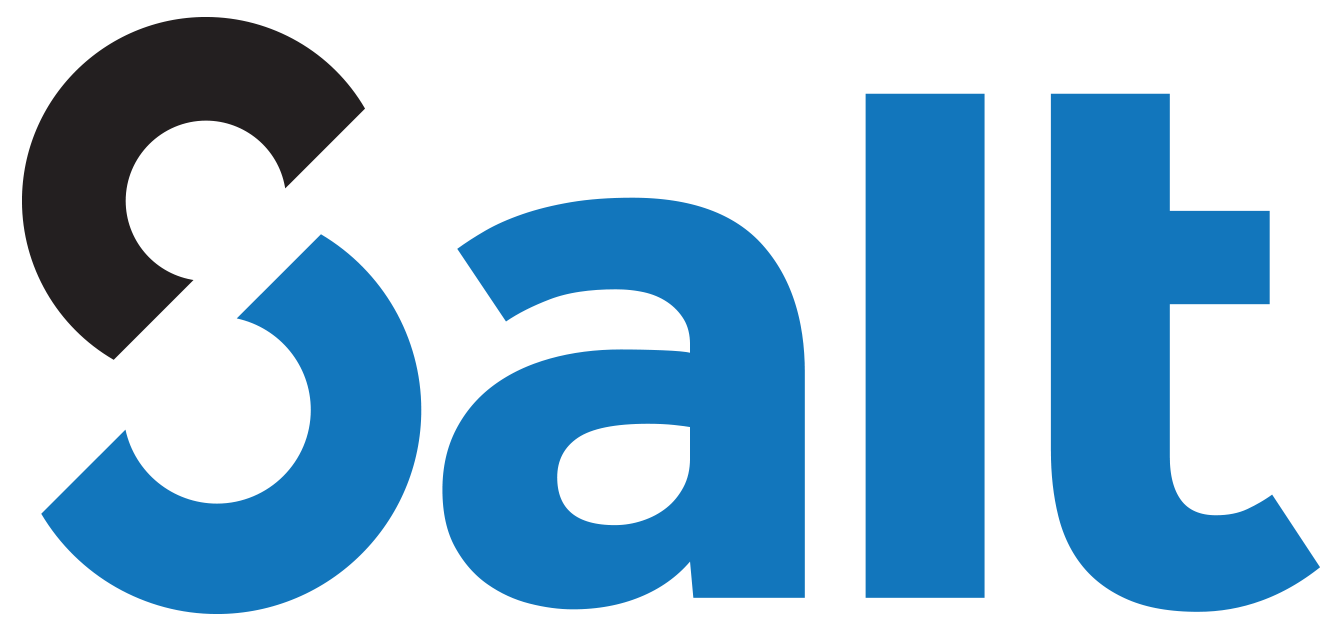SOUZA, J. F. ; SIQUEIRA, S. W. M. ; NUNES, B. P. . A framework to aggregate multiple ontology matchers. INTERNATIONAL JOURNAL OF WEB INFORMATION SYSTEMS, v. 16, p. 151-169, 2019. doi: 10.1108/IJWIS-05-2019-0023
A framework to aggregate multiple ontology matchers
Authors
Jairo Francisco de Souza (UFJF)
Sean Wolfgand Matsui Siqueira (UNIRIO)
Bernardo Pereira Nunes (PUC-Rio & UNIRIO)
Abstract
Purpose
Although ontology matchers are annually proposed to address different aspects of the semantic heterogeneity problem, finding the most suitable alignment approach is still an issue. This study aims to propose a computational solution for ontology meta-matching (OMM) and a framework designed for developers to make use of alignment techniques in their applications.
Design/methodology/approach
The framework includes some similarity functions that can be chosen by developers and then, automatically, set weights for each function to obtain better alignments. To evaluate the framework, several simulations were performed with a data set from the Ontology Alignment Evaluation Initiative. Simple similarity functions were used, rather than aligners known in the literature, to demonstrate that the results would be more influenced by the proposed meta-alignment approach than the functions used.
Findings
The results showed that the framework is able to adapt to different test cases. The approach achieved better results when compared with existing ontology meta-matchers.
Originality/value
Although approaches for OMM have been proposed, it is not easy to use them during software development. On the other hand, this work presents a framework that can be used by developers to align ontologies. New ontology matchers can be added and the framework is extensible to new methods. Moreover, this work presents a novel OMM approach modeled as a linear equation system which can be easily computed.
Keywords:
Metadata, ontologies, Semantic interoperability, Schema matching
doi: 10.1108/IJWIS-05-2019-0023

